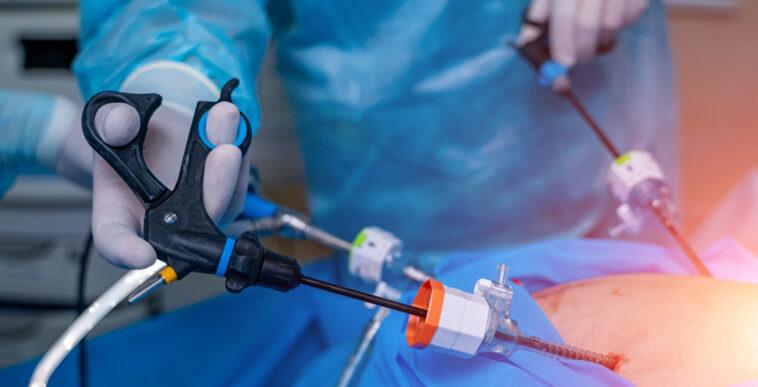People, today, are dedicated to performing some technique to correct obesity, and not only do it for aesthetics, but also to prevent pathologies, which can develop, such as type 2 diabetes mellitus, is that the most common to appear with this type of problem.
Metabolic surgery is a treatment especially for those with obesity who wish to correct it and prevent diseases such as type 2 diabetes mellitus . It is important to mention that this surgery does not cure the disease of diabetes , the only thing it does is leave it in a non-active state. Its function or objective is that the glucose in the blood remains at normal levels , and thus the patient can stop taking their medications.
This surgery is the perfect option for patients who, although they exercise and have a balanced diet, cannot control the blood levels in their body.
The National Institute of Health of the United States, the American Society for Obesity Surgery and the American Diabetes Association endorse this type of surgery, therefore, patients with obesity and debates who want to know it, should not worry about not being good treatment.
Type 2 diabetes: what is it?
This disease is characterized by the fact that the patient’s body has a deficiency of the hormone insulin , and this causes the body to suffer from a deficiency in cells. Insulin is important in the body, since it is the cause of the use of glucose or commonly called sugar, which is in the blood to enter cells and thus generate energy. People who have this disease, the hormone is in the blood and causes health complications such as: kidney problems, nerve damage, eye and heart problems .
Metabolic surgery
This surgery depends on other bariatric procedures such as: sleeve gastrectomy and gastric balloon . These two procedures are done with the video technique in Laparoscopy.
Video laparoscopy is minimally invasive, since to perform it, small incisions are made in the skin and then enter the abdominal cavity . The objective of this procedure is to modify the digestive system, since with it better results are obtained to prevent the disease. The patient has very little pain and has a very fast recovery unlike conventional bariatric surgery.
The surgical techniques include:
Sleeve gastrectomy : This procedure reduces 80% of the stomach and makes it a tubular organ, thus reducing gastric capacity.
Gastric balloon : consists of changing the anatomy of the digestive system, since it reduces the capacity of the stomach. Because of this, the patient eats a smaller amount of food and is satisfied faster.
For the two surgeries, it will be necessary for the patient to be hospitalized for 72 hours , since in this time he will be under medical supervision. The intervention lasts around 90 minutes.
Diabetes and the bariatric procedure
If you’re wondering how surgery can help prevent diabetes disease, the answer is that both make changes to the digestive system and increase insulin-releasing factors . More than 70% of cases have improved blood sugar levels.
A patient with diabetes, what he seeks is to control his weight, therefore, these two operations manage to control it and thus the expectations that the disease can be controlled are very high.
In fact, it has been seen in patients who undergo surgeries, who come to suspend their diabetes medication , of course, not all and it depends on the case. On the other hand, surgery has also reduced cardiovascular risks, blood lipids and antihypertensive medication .
Metabolic surgery: who is a candidate?
As we already mentioned, surgery is indicated for severely obese people who have type 2 diabetes mellitus . And since it is a treatment that has shown improvements in health, people over 18 and under 65 may be candidates.
Results
Surgery alone already has excellent benefits , but they can be improved with some other conventional treatments. Surgery helps:
- Lowers cholesterol and triglycerides.
- Improves sleep disorder.
- Improves high blood pressure.
Differences between metabolic and bariatric surgery
Bariatric is made for weight loss in patients who are obese or overweight. And the metabolic surgery aims to remit diabetes, that is, to control it . It is important to mention that not all people who have diabetes or severe or morbid obesity, only those who have a BMI 30 or more.
Who to go with?
The surgeons bariatric and metabolic surgery, diabetologist and endocrinologists, nutritionists, psychologists and cardiologists are professionals able to perform surgery . They will have to make an assessment, as in any procedure, and have the help of a multidisciplinary team. All this is aimed at having better results and fewer risks.




GIPHY App Key not set. Please check settings